A new approach to the synthesis of sustainable ammonia and urea uses food waste and brown water as feedstocks.
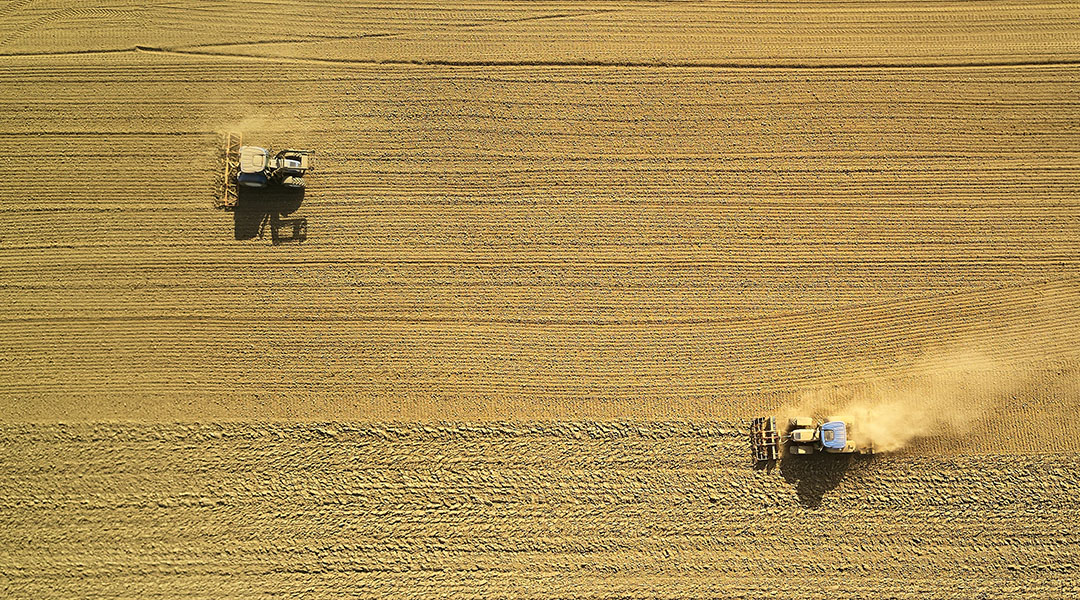

A new approach to the synthesis of sustainable ammonia and urea uses food waste and brown water as feedstocks.

With increasing heatwaves, wild animals’ ability to process and respond to environmental information may become compromised.

As climate finance becomes increasingly private and debt-based, both risk slowing long-term decarbonization and a shift of power away from government toward market actors.

Mass tourism has grown exponentially across the last decade, bringing nearly 2 million tourists to Baikal’s sparsely populated shores.
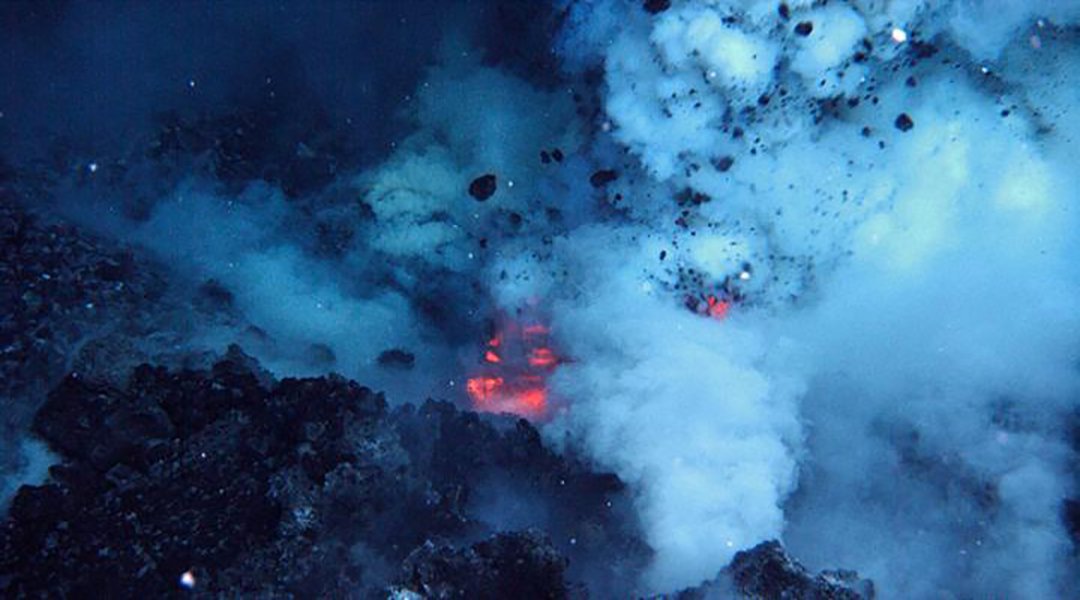
Scientists are closer to understanding the formation of underwater megaplumes, large and powerful columns of heated water rising from the ocean floor.
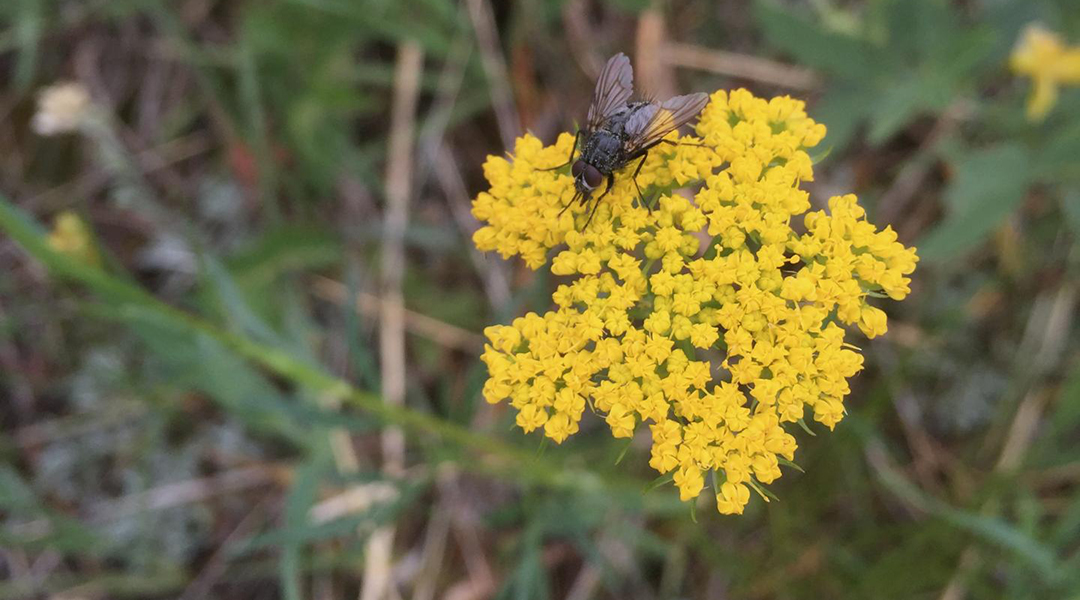
New study finds “generalist” plants and pollinators play a crucial role in maintaining biodiversity and may also serve as buffers against some impacts of climate change.
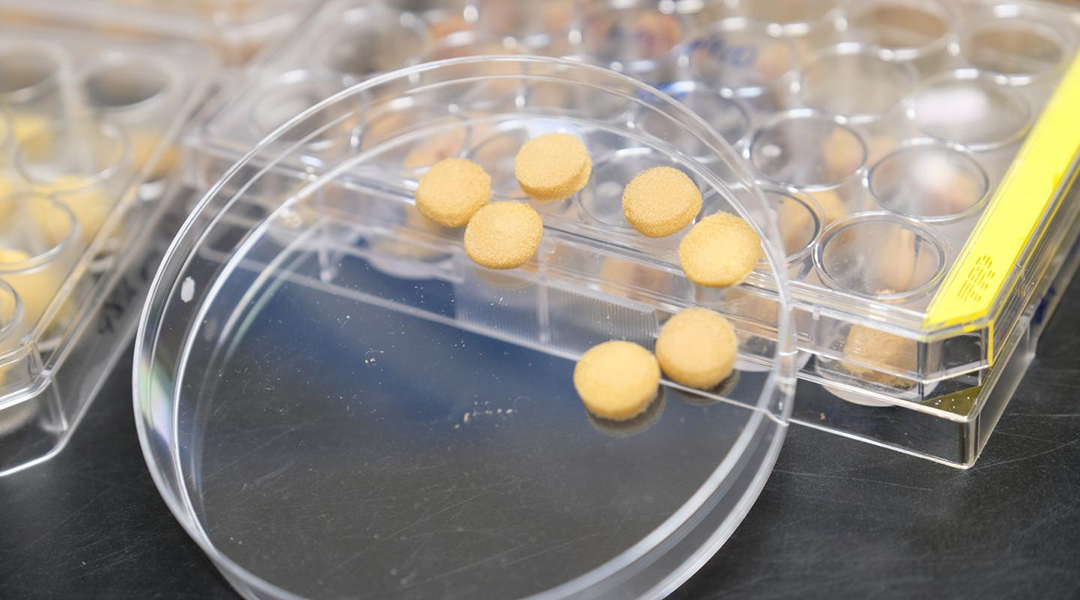
This pollen sponge can absorb oil contaminants, such as gasoline and motor oil, at a rate comparable to commercial oil absorbents
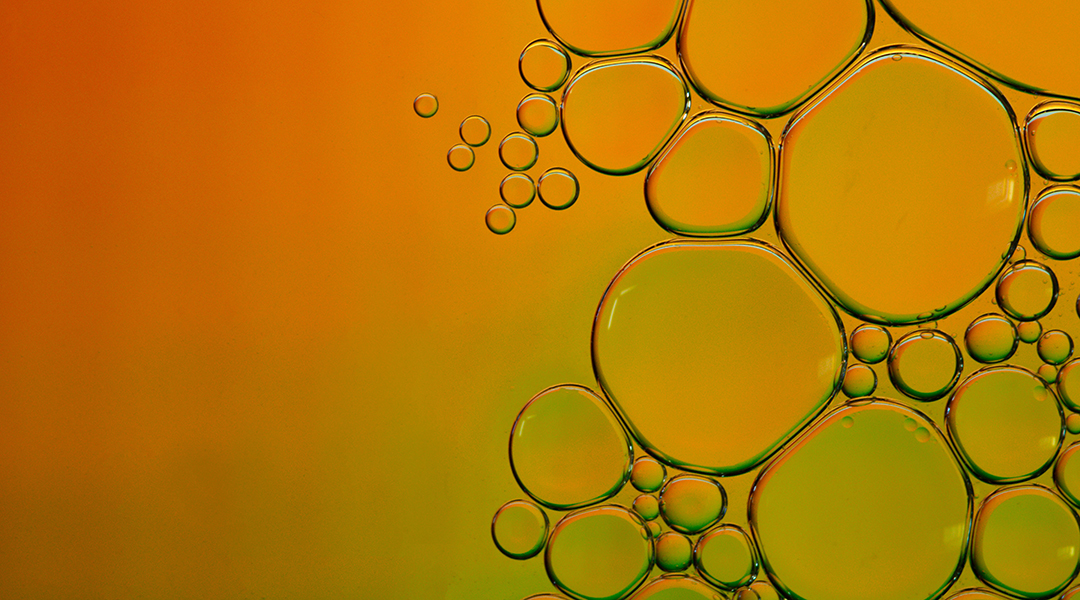
This method of purification under natural sunlight opens a new paradigm in clean water production using renewable solar energy.

A re-usable sponge can capture and recover crude oil droplets from cold water to generate clean water in a fragile ecosystem.

With increasing rates of urbanization and its detrimental effects on the environment, reducing the risk posed by “urban climate change” requires more research to prepare ourselves for an uncertain future.